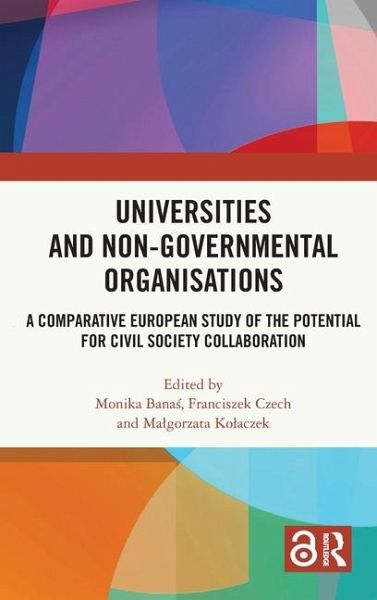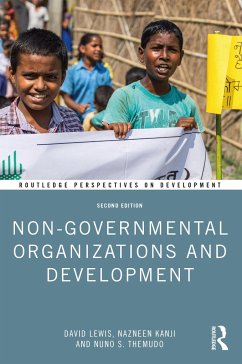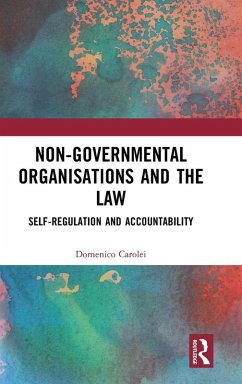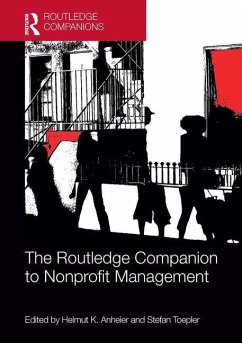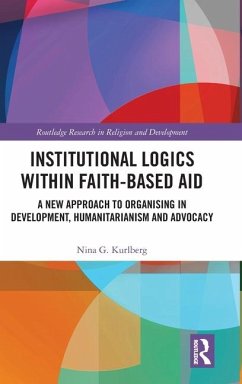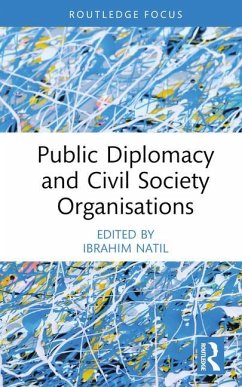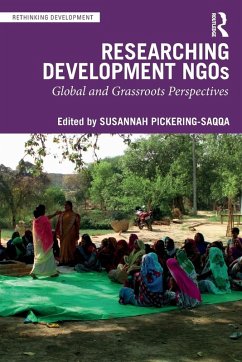Monika Banas ¿is Professor at the Faculty of International and Political Studies at Jagiellonian University in Krakow, Poland. Her research focuses on culture, politics and their mutual dependencies. She has published on migration and integration policies, political culture and political symbolism. Her works include: Protest in Late Modern Societies. Dynamics, Forms, Futures (co-editor Ruslan Saduov), Routledge; Integration Policy as a Challenge for European Cohesion in Politicke Vedy, Swedish Migrant Integration Policy After 2015: A Revised Approach in the Shadow of the Migration Crisis in Fuori Luogo. She is the Chief Editor of the academic journal Intercultural Relations. Franciszek Czech is a University Professor, sociologist and political scientist at the Faculty of International and Political Studies, Jagiellonian University, Cracow. His research interests include analysis of public discourses, political culture and civil society. He performs various administrative functions at the university, and in addition he has experience of collaboration with various non-governmental organisations. He is the author of two books, numerous articles and reports. He currently sits on the Advisory Board of the ERC-funded project "Populism and Conspiracy Theory (PACT)". His most recent article is Links Between Conspiracy Thinking and Attitudes Toward Democracy and Religion: Survey Data From Poland ("Politics and Governance"). Mäorzata Ko¿czek, PhD, political scientist, is deputy director and Assistant Professor in the Institute of Intercultural Studies, Jagiellonian University. She is co-founder of Foundation Towards Dialogue and book review editor for Romani Studies. She is the author of Ethnic Mobilization of the Roma and the European Union. Poland, Slovakia, Hungary JUP 2014 and co-author of Direction: Future. 25 Years of Freedom and the Roma People JUP 2018 and Cooperation Between Universities and NGOs as Civil Society Animators Using the Potential of Cultural Heritage KA 2019. For 20 years, she has researched topics regarding the Roma community: ethnic mobilisation, socio-political situation and media coverage of Roma minority.
